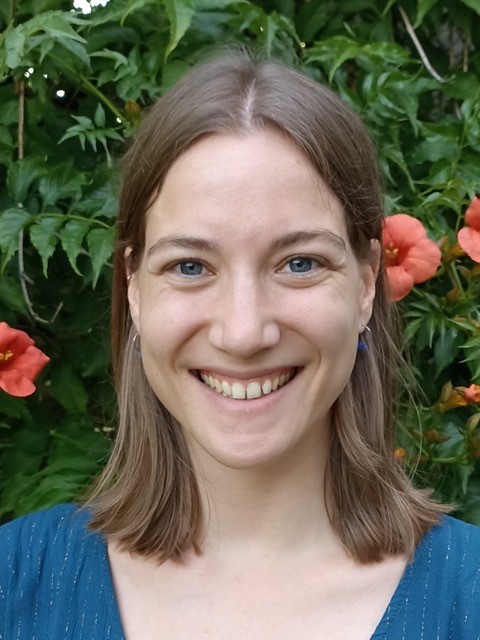Dr. Clothilde Collet obtained her PhD on the 6th of September 2022 at Louvain-la-Neuve (Belgium). The international jury was composed of Prof. Xavier Draye (SolACE WP2 Leader, Clothilde’s PhD supervisor), Prof. Frédéric Gaspart (UCLouvain, Belgium), Prof. Guillaume Lobet (UCLouvain, Belgium), Prof. Karine Chenu (Univ. Queensland, Australia), Dr. Bertrand Muller (INRAE-LEPSE, France) and Loïc Pagès (INRAE-PSH, France). This article provides a summary of her PhD thesis with the title "A novel phenotyping pipeline for root system architecture : evaluation with diversity panels of bread and durum wheat":
Plant root systems are responsible for the capture of soil water and minerals essential for their growth. With the need to reduce fertiliser use and improve resilience to extreme climate events, improving resource capture efficiency has become a hot topic in agriculture. This includes optimising root distribution in soils via appropriate root system architecture and growth.
Root systems are often described using integrative variables, e.g., number and biomass, that are cost-effective but provide limited cues on root distribution. Modelling studies have shown that root systems can also be described using process variables, depicting growth and development processes. These are expected to be more closely connected to the underlying biology than the integrative variables and to lead more directly to optimisation paths.
In this thesis, we created a novel high-throughput phenotyping pipeline of plants grown in aeroponics. This pipeline exploits high spatial and temporal resolution image series to estimate process variables from simple morphologic features, with very limited computing resources. It was used to analyse the genetic architecture of process and integrative variables on diversity panels of bread and durum wheat (500 genotypes) and was evaluated against independent experiments (pouches, rhizotubes and field).
We demonstrated that process information can be estimated easily from simple morphologic features if dense time series are available. We also showed that lateral root formation, despite being highly variable along the root system, can be constant when cumulated at the whole plant level. Cross-experiment validation revealed that genotypic differences for process variables were largely environment-specific. Finally, the genetic architecture of process variables was not found to be simpler than that of the integrative ones.
Further information
- DIAL.pr: Clothilde Collet final thesis
- YouTube.com: Phenotyping platform

 Souhaitez-vous ajouter le site web à l'écran d'accueil ?
Souhaitez-vous ajouter le site web à l'écran d'accueil ?
Disqus
Pour pouvoir utiliser la fonction de commentaire, vous devez vous inscrire auprès du fournisseur tiers "Disqus".
Lorsque vous activez cette fonction, votre navigateur établit une connexion directe avec les serveurs du fournisseur tiers. Nous attirons votre attention sur le fait qu’après l’activation, des données seront transmises au fournisseur tiers et que ce dernier pourra, le cas échéant, déposer des cookies, qui peuvent notamment être utilisés à des fins d’analyse et de marketing. Pour plus d’informations, veuillez vous reporter à notre déclaration de protection des données.
Activer